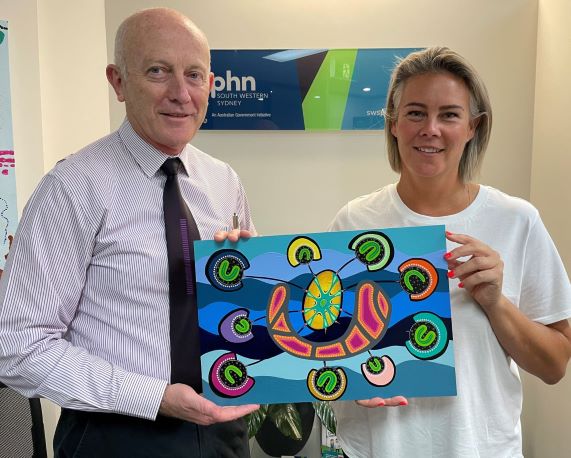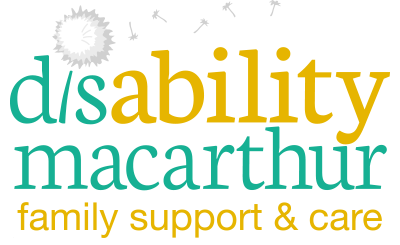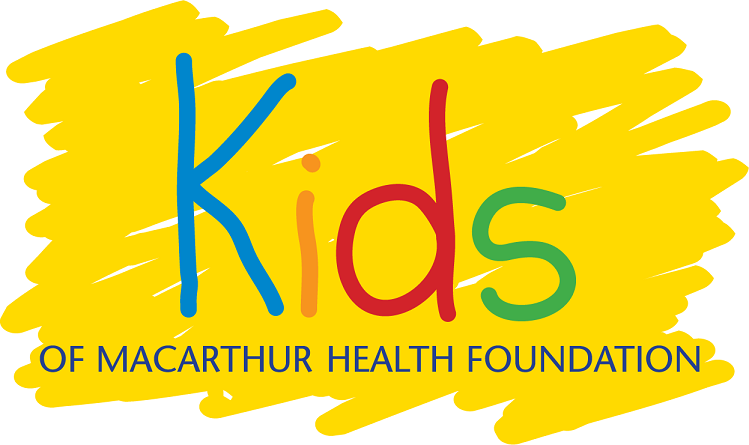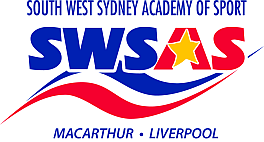
The public health network in South Western Sydney (SWSPHN) says turning good intentions into actions is part of the bid to close the gap for Indigenous Australians in this region.
It will mark national Close the Gap day on March 17 with the official launch of its Innovate Reconciliation Action Plan.
Chief executive officer Keith McDonald says the plan represents a commitment to building respect and relationships with Aboriginal and Torres Strait Islander people across the board in the primary health care system.
“SWSPHN is dedicated to working towards closing the health and life expectancy gap between Aboriginal and Torres Strait Islander peoples and non-Indigenous Australians,” he said.
“Our relationships with First Nations people and increasing the cultural awareness of our own employees and primary care clinicians and staff is key to enhancing the health and wellbeing of individuals, their family and communities.”
The Innovate plan is about:
Turning our good intentions into action by fostering and embedding respect for Aboriginal and Torres Strait Islander histories and cultures;
Enabling staff to develop greater cultural competency and professional development practices which will strengthen relationships with internal and external Aboriginal and Torres Strait Islander stakeholders;
Building and encouraging relationships between Aboriginal and Torres Strait Islander peoples, communities, organisations and the broader Australian community;
Working towards improved health and wellbeing outcomes for Aboriginal and Torres Strait Islander people in South Western Sydney.
Dr McDonald said SWSPHN was already turning good intentions into action by staff completing cultural competency training, facilitating and participating in national reconciliation week activities, and by updating the code of meeting practice to include an expectation an acknowledgement of country was provided.
“We also have a strong focus on recruiting, retaining, consulting and supporting the professional development of our First Nations staff,” he said.
“We’ve reviewed our HR policies to remove any barriers to participation in our work place, and are more effectively advertising job vacancies to reach Aboriginal and Torres Strait Islander people and increase the number of First Nations staff in our workforce.’’



